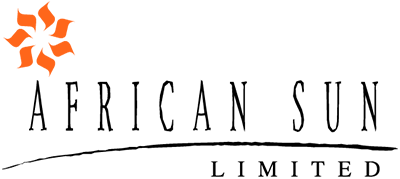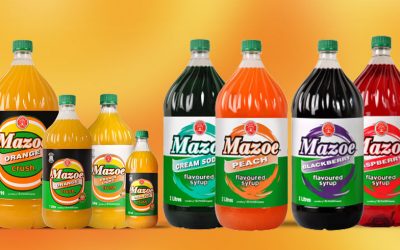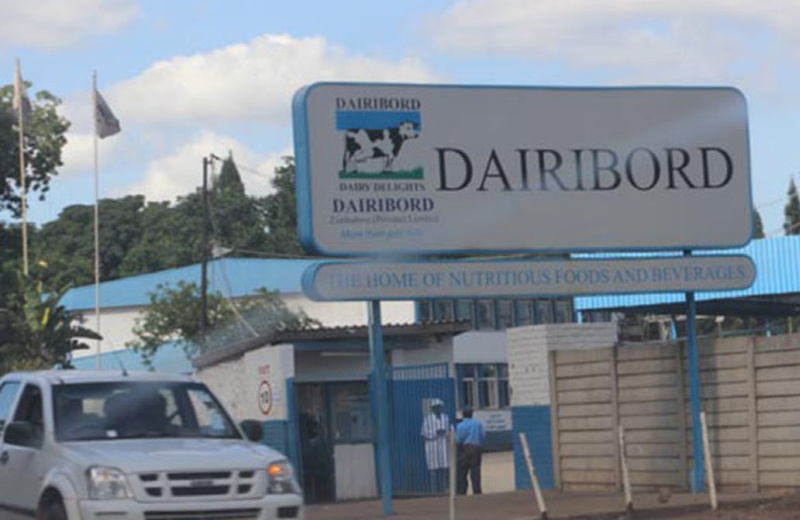Dairibord adequately covered on forex liabilities
Dairibord Holdings Limited, Zimbabwe’s largest milk processor, says it managed to cover the majority of its foreign currency denominated liabilities in the first six months of 2022 from internally generated resources and the Reserve Bank of Zimbabwe (RBZ) run forex auction system.
“Foreign currency obligations were at US$4,3 million, including a long-term loan of US$0,66
million,” said the company’s chairperson, Josphat Sachikonye, in a statement accompanying the
group’s financial results.
“Most of the obligations were adequately covered by foreign currency assets and expected
disbursements of outstanding allotments from the auction market.”
Sales volumes for the company rose 11 percent in the period under review.
“Demand for our products remained firm across all categories,” he said.
A total of 40 percent of the sales volume was made in foreign currency, with 32 percent going to
the domestic market and 8 percent to export markets.
Foods made up 10 percent of the total volume, beverages accounted for 62 percent and liquid milk
28 percent.
“This affirms the growing contribution of non-milk product categories and product portfolio
diversification, in line with our “more than just milk” strategy,” Sachikonye added.
According to the Ministry of Agriculture’s Dairy Services Department, Zimbabwe’s six months to
June milk intake by processors rose 17 percent to 38,96 million litres from 33,42 million litres in
the comparative period.
Dairibord utilised 12,29 million litres, representing 32 percent of the total intake by processors and
the group retains its position as the processor with the highest milk intake, albeit at lower levels.
Mr Sachikonye pointed out that the price of stock feed continued to rise in line with food inflation
pressure. “The group has elevated initiatives for aggressive milk supply development for low cost
and high-volume milk production,” he said.
As a result, Dairibord believes the long-term benefits will be competitive local milk prices, import
substitution of milk powders and opportunities for export growth.
In the period under review, revenue grew 40 percent to $17,12 billion compared to the same period
last year. The growth in revenue was attributed to growth in volumes and moderate price
adjustments to preserve margins.
Dairibord said it experienced significant cost increases on account of imported inflation and price
volatility arising from exchange rate movements and as a result their cost of sales grew by 37
percent in inflation adjusted terms.
“The costs were driven by sharp increases in material costs and utilities as overheads grew by 30
percent. This increase was, however, at a rate lower than revenue growth, benefitting from
management’s cost containment initiatives,” the chairman said.
Resultantly, the group’s operating profit grew by 140 percent to $1,26 billion, compared to $524
million in prior year. The operating profit margin for the period was 7 percent up from 4 percent in
the prior period.
In their outlook, Dairibord said high cost and erratic supply of utilities mainly electricity and water
are expected to persist but the decrease in the price of fuel remains welcome if sustained.
High cost of borrowing and short tenures will pose difficulty for businesses to bridge working
capital cycle gaps and fund investments in plant and equipment for growth according to the group.
However, inflationary pressures are forecasted to subside as a result of government efforts to
stabilize the economy.
In the near future, the group’s main thrust is on volume growth to close the gap between demand
and supply in most product categories and cost containment.
The growth will be largely driven by the beverages and foods, benefitting from the commissioning
of plant and equipment for additional processing capacity in the third quarter of the year.
Dairibord will also focus on realignment of its route to market to increase cash receipts, local US
dollar sales and exports.-The Herald












